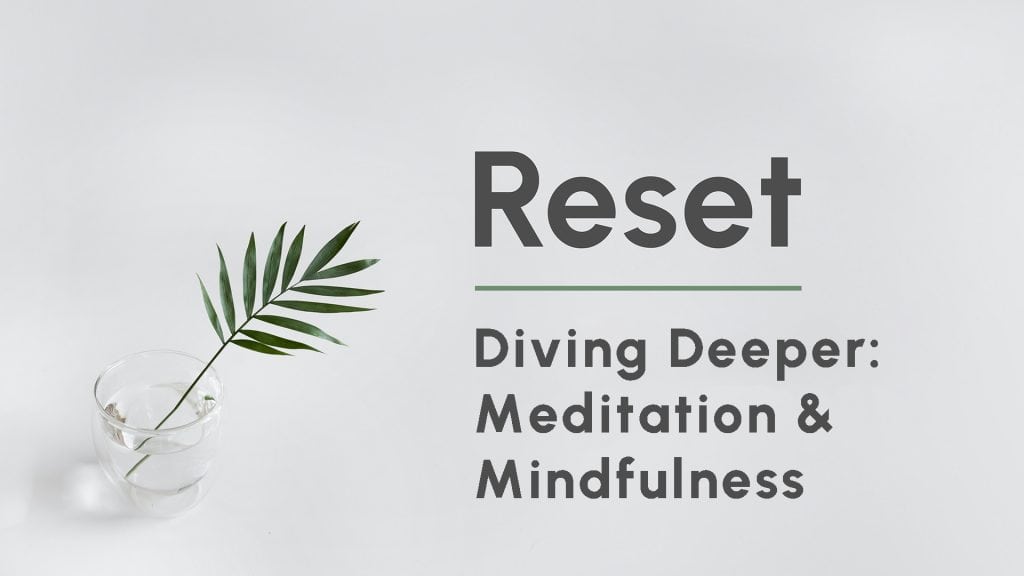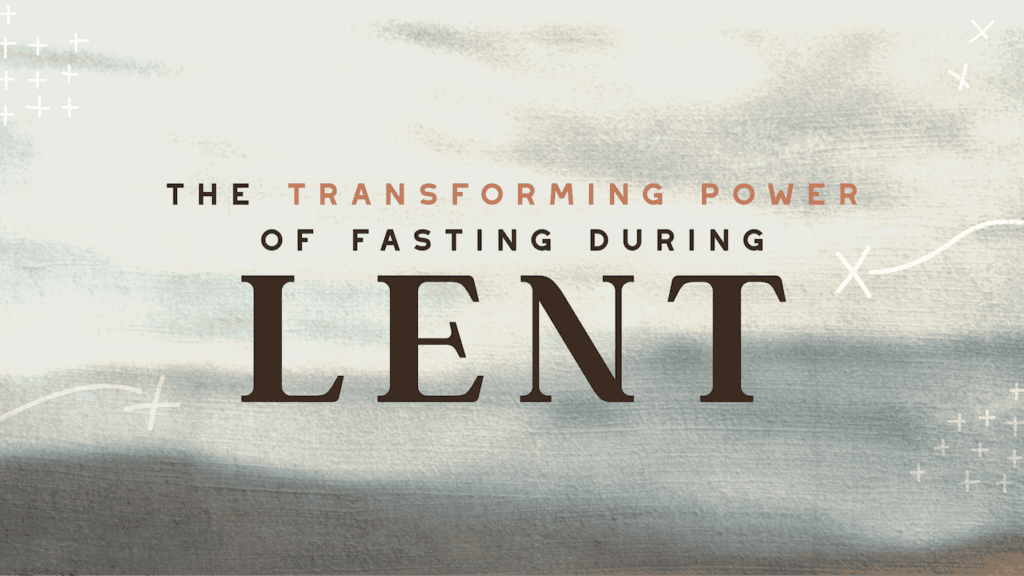The mind is at its peak state when it is undistracted. When we set ourselves toward meditation, it helps us to prepare to have “ears to hear” what God may want to say to us. When we can understand God’s great affection and care for us, we remember that He does indeed desire to commune and connect with us. Noise, hurry, and crowds can be our biggest adversaries when attempting to hear from God. Thomas Merton said that “all men need enough silence and solitude in their lives to enable the deep inner voice of their true self to be heard at least occasionally.” We need to know our inner selves well to invite God in. Meditation is built on consideration and listening. When the Bible says to love the Lord your God with all your mind, meditation is the key to actively engaging this truth. Considering the truth and implications of God’s great love for us brings rest.
Many followers of Jesus may be leery of meditation because of its connections to other religious practices. Meditation, though, is a thoroughly biblical and deeply spiritual practice. Meditation was very familiar to the authors of Scripture, and it appears in the Bible fifty-eight times. Psalm 119:97, Genesis 24:63, Psalm 63:6, Psalm 119:148, and Psalm 1:2 are just a few familiar instances where meditation is mentioned. Some Christians may believe that mediation is an ineffective use of time, but the scriptural examples show us that there is a vital need to develop this practice.
There are some crucial distinctions to take note of when seeking to grow in the practice of meditation. At its core, Eastern meditation is an attempt to empty the mind. Christian meditation’s purpose is to fill the mind. The Eastern approach is to detach from the world and be free from the burdens in hopes of experiencing nirvana; there is no god to attach to. The danger in this is becoming fascinated with disengagement with the world. The Christian method says there is a need for understanding amid the confusion of the world, which leads to a richer attachment to God. As Thomas Merton says, “Meditation has no point unless it is firmly rooted in life.” The point of meditation is to receive guidance on navigating the world—not to disconnect and remove ourselves from the world.
Because of the potential confusion when it comes to understanding meditation, we should dedicate some time to reading further about the values and distinctions of Christian meditation. Celebration of Discipline by Richard Foster has been a helpful resource for me.
Meditation helps to move our theorizing and theologizing into a reality. Through it, we create the emotional and spiritual space that allows Christ to construct an inner sanctuary in our hearts. He desires to commune with us, and meditation allows this to happen. It is a portable sanctuary. Internal fellowship helps to facilitate inner transformation. Everything present in our hearts that is foreign to His way, we can let go. Richard Foster writes, “Christian Meditation is the ability to hear God’s voice and obey his word.”
To learn more about the spiritual discipline of meditation, check out the fourth episode of QAVA’s Reset series.








